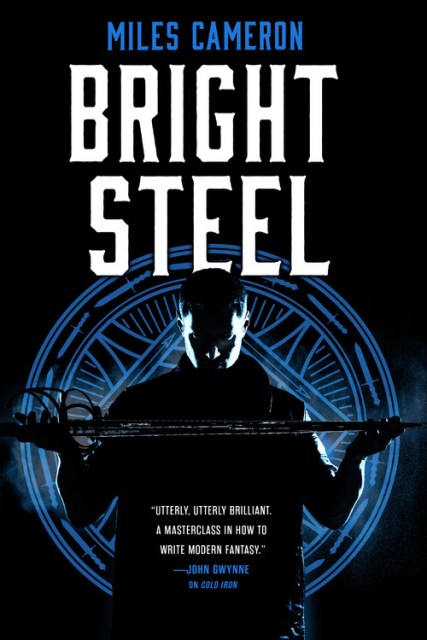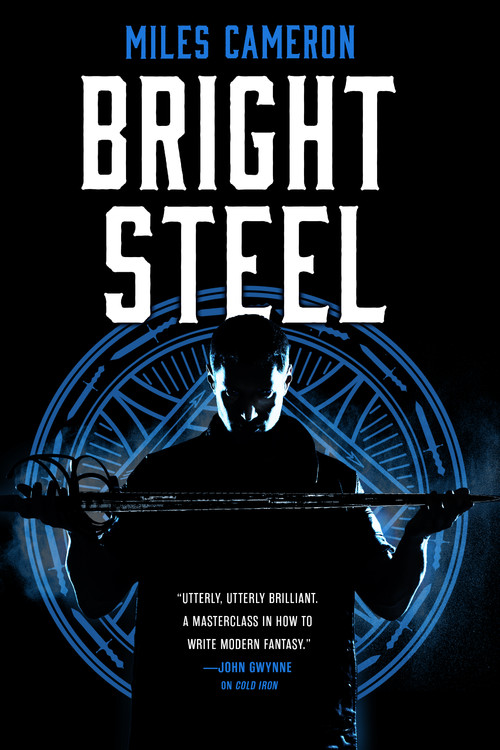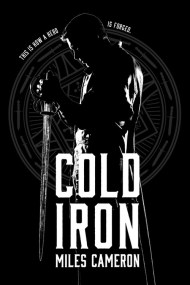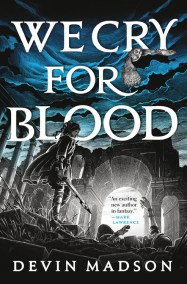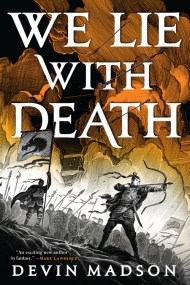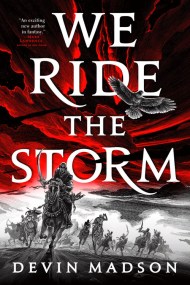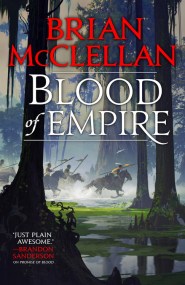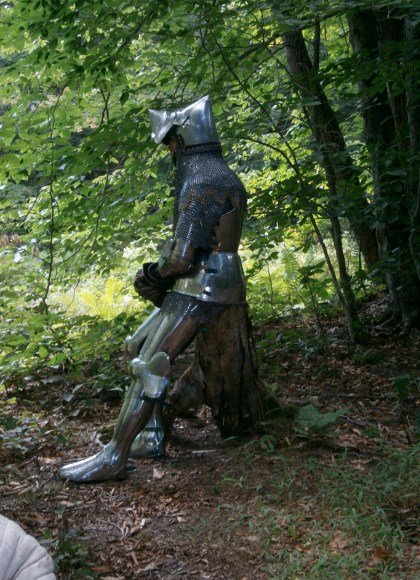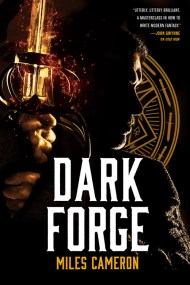Promotion
25% off sitewide. Make sure to order by 11:59am, 12/12 for holiday delivery! Code BEST25 automatically applied at checkout!
By clicking “Accept,” you agree to the use of cookies and similar technologies on your device as set forth in our Cookie Policy and our Privacy Policy. Please note that certain cookies are essential for this website to function properly and do not require user consent to be deployed.
Bright Steel
Contributors
Formats and Prices
- On Sale
- Dec 10, 2019
- Page Count
- 464 pages
- Publisher
- Orbit
- ISBN-13
- 9780316399395
Price
$17.99Price
$22.99 CADFormat
Format:
- Trade Paperback $17.99 $22.99 CAD
- ebook $9.99 $12.99 CAD
- Audiobook Download (Unabridged)
This item is a preorder. Your payment method will be charged immediately, and the product is expected to ship on or around December 10, 2019. This date is subject to change due to shipping delays beyond our control.
Buy from Other Retailers:
The Red Knight
The Fell Sword
The Dread Wyrm
The Plague of Swords
The Fall of Dragons
Genre:
Series:
-
"Utterly, utterly brilliant. A masterclass in how to write modern fantasy - world building, characters, plot and pacing, all perfectly blended. Miles Cameron is at the top of his game."John Gwynne, author of The Faithful and the Fallen series on Cold Iron
-
"Cold Iron is fantastic. It shimmers like a well-honed sword blade."Anna Smith Spark, author of The Court of Broken Knives
-
"I cannot recommend the Traitor Son Cycle enough... amazing."SF Signal on The Fell Sword
-
"The Red Knight is an excellent debut... [It] will only get better as the series progresses... You will be won by the intricate story and sophisticated world building."Fantasy Book Critic on The Red Knight
-
"Promising historical fantasy debut featuring an expansive cast, an engaging plot, and a detailed eye for combat."The Ranting Dragon on The Red Knight
-
"Literate, intelligent, and well-thoughtout...a pleasingly complex and greatly satisfying novel."SFF World on The Red Knight
-
"A rousing read."SF Signal on The Red Knight
Newsletter Signup
By clicking ‘Sign Up,’ I acknowledge that I have read and agree to Hachette Book Group’s Privacy Policy and Terms of Use
